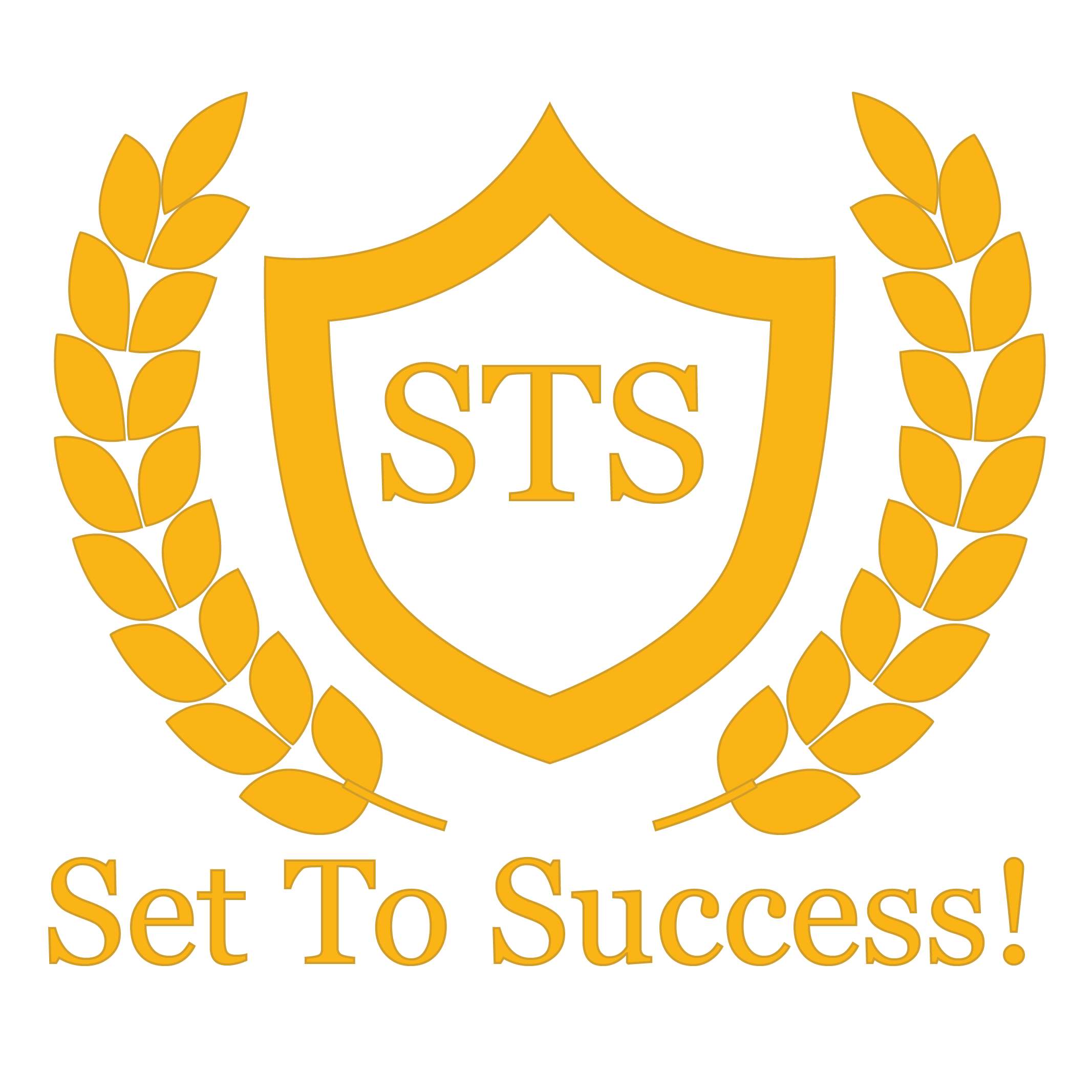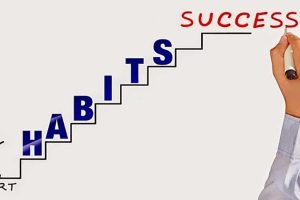Mastering the Skills of English Language

Abu Sayed Md. Mahmudul Haque Chowdhury
Assistant Professor of English Language and Literature
Co-founder & CEO of Set to Success
Bridging the Gap between Expectation and Ability :
In this age of globalization there is no substitute for English language as a medium of communication. Being an international language, its use in every field as a global citizen has made the language essential to learn in our everyday lives. We are learning this language as the second major one after mother tongue. Everyone is more or less interested in speaking English like natives. Because being able to speak English fluently is a skill and in Indian subcontinent having this ability is considered specifically as a level of merit as well. But the reality in the context of our country is harsh. Though almost everyone wants to be proficient in English, the level of success is still downwards in regard of combining expectation and ability. Save but a small number of people, proficiency in this language remains elusive.
Knowing a language effectively means having four skills in that language. Listening and understanding the language, speaking, reading and writing. Also learning a language requires suitable environment which is most important. But in most cases, proper environment to learn English is missing in our country. We don’t need to use this language much in supermarkets, restaurants or in our day to day life. So, we don’t have the practice needed to master the skill.
Judging the English language skills of Bangladeshi students, it can be seen that even after learning English for at least ten to twelve years in the institutional education system, they are not able to use the language efficiently and effectively. Though at times they may do well in reading and writing English but their weakness in speaking and listening the language is noticeable. Weaknesses are often too distinct in English writing especially in creative English writing.
It has been said earlier that favorable environment is very important in learning English language, which is lacking in our country. Besides, due to anxiety and fear, most of the students remain very weak in learning English, except a few exceptions. Experts believe that the main reason for this is that the students of our country ignore the practical side of the English language and only memorize Essay, Letter, Application, Dialogue, Comprehension etc. for the purpose of passing the exam one after another. Due to this, the practice of dialogue which is supposed to be done through actual conversation is limited to writing the answers in the exam paper.
As a result, even though the students of our country practice English language throughout their long academic life, their skills in this regard are not up to the expectations. Rather the immense possibility of developing the creativity of the students is being lost in the process of memorization, resulting their being unable to create or write anything by themselves without rote knowledge.
Since 2000, a method called Communicative Language Teaching (CLT) has been implemented in the formal education system in Bangladesh. Earlier Grammar Translation Method (GTM) was used for teaching English language. The method of GTM is that students first learn in their mother tongue about the rules of using the target language. Then applying those rules of the target language, they start their endeavor to use that language correctly. This method of teaching English language has been used in Bangladesh for a long time. Even then, why is there a need to introduce CLT further into the formal education system for learning English language?
GTM mainly emphasized stories, poems and various rules of grammar. Textbooks were also prepared in that way. The teacher used to come to the classroom and basically targeting the texts teach different rules of grammar and make the students practice some examples in the light of those rules. Such a way they were expected to master in translating difficult texts, ability in which in turn was regarded as the ultimate success in capability of using English language. Questions during the examination were also framed accordingly. As a result, language learning became completely book and exam-centric.
The main purpose of learning a language is that the learner will be able to use the language in his real life for communication or exchange of ideas. But that is not actually happening. Because the students are learning English language well but failing to acquire the skills to apply it in real life. Hence there remains a major gap in students’ ability to communicate successfully using the English language. CLT has been incorporated into the education system of Bangladesh with the aim of filling this gap.
Communicative English refers to the English language suitable for communication. The essence of this system is that the students first learn to communicate using the language as well as acquire skills in the correct use of the language. But even after using this method for a long time, the failure of students to achieve the desired goals is observed due to the failure and weakness that we have discussed above.
Now the question is how to remove these limitations and make language learning easier and more effective?
In this case, first of all, we have to see, what the level of need of learning of a learner is. There is a saying ‘Necessity is the mother of invention.’ When someone really wants to learn the language, naturally the urge to learn will come. The stronger the ‘urge’, the more ‘motivation’ will be felt to satisfy or achieve it. And this ‘Motivation’ will lead to ‘Action’. In our discussion ‘Action’ is the process of learning English language.
The best way to learn English well is to learn like a child. At this stage, the concept of acquisition and learning needs to be clear. Acquisition means mastering something. On the other hand, learning means learning. Linguist Stephen Krashen says that acquired knowledge is available for automatic and spontaneous use, so people can use it correctly even subconsciously. But people have to use learned knowledge consciously and thus people cannot use this knowledge automatically and spontaneously. So the change that needs to be made in the daily learning process is to upgrade ‘learning’ to ‘mastery’. Because according to linguists ‘Acquisition is more permanent and long lasting than learning.’
Children learn by imitation mainly by watching and listening, the way people learn their mother tongue. As we learn the mother tongue through listening and imitation from childhood through practical application, this learning process is largely at the subconscious level which elevates ‘learning’ to the level of mastery. According to Krashen’s theory, the biggest benefit in this case is that we can successfully apply this acquired knowledge spontaneously, which is not possible in the case of conscious education or learning. That is why we don’t have to gain speed to speak our mother tongue.
In addition, when a child learns to say a word or two in the mother tongue, he enjoys the learning process because people around him encourage him and he does not have the fear of being ridiculed if he makes a mistake. This encouragement from the people around works as positive reinforcement for children due to which the child’s motivation to imitate increases. As a result, he repeats the words or sentences again and again. In this way, through practical application, the language comes to his mastery subconsciously.
On the other hand, when an adult learns a second language other than his mother tongue, the learning process takes place fully consciously. The problem with this is that adult students have a fear of making mistakes and being laughed at or ridiculed as a result. Due to high anxiety level, negative reinforcement causes inhibition or hindrance in their case, which slows down learning. According to Krashen’s theory, they strive for controlled and sophisticated use of the language they learn, which inhibits the spontaneous use of language.
Also the human brain is divided into two parts. The right side is called Right Hemisphere and the left side is Left Hemisphere. Children are able to learn faster because both parts of their brain are active before puberty. With age, only the Left Hemisphere is active in right-handers and the activation becomes concentrated in the Right Hemisphere in left-handers. As a result, adults naturally take more time and effort to acquire than children.
The only effective way to learn a language is through its practical use. As a child we have read the story of two friends learning to ride a bi-cycle where one is trying to learn to ride a bi-cycle by reading books and gaining theoretical knowledge about the bi-cycle, while the other is trying to learn by riding the bi-cycle directly on the road. After a certain period of time the first person gets to know a lot about the structure and working of the bi-cycle but it is limited to theoretical knowledge due to lack of practical application and practice. But the second person, who is trying to learn by continuing on the road, even though he fell down several times in the process of learning, and despite having no theoretical knowledge about cycling, he learned the habit of cycling by practicing directly.
It is the same with language learning. It requires regular application and practice in daily life. How can that be possible?
First of all, apart from speaking the target language, you have to practice listening and reading the target language. Listening and watching movies and music in English language can be beneficial in this regard. One can also enrich oneself by reading literature, reading books and listening to news on radio and television. Listening to a movie or news text along with watching gives an accurate understanding of the application and use of language with expressions which can help in later application in real contexts. But in this case you have to be patient. The same process has to be repeated again and again. It is never possible to master everything just by listening to music once, watching two movies and reading a handful of books. Good results can be expected if you make a habit of listening to at least one movie or BBC or CNN news broadcast at least once a day. Materials (movies, books, audio) can be chosen according to one’s interests and preferences to make it easy and enjoyable.
Secondly, language acquisition can be enhanced by reading English newspapers or magazines. In newspapers and magazines, reports are written in standard language on daily happenings in various fields of life. Even reading a newspaper gives an idea of the language used in different contexts. While reading the reports, the unfamiliar words the meanings of which are not known should be noted down to find out the meaning later by searching the dictionary. Take the time to find out the meaning of the words and write them down. After knowing the meaning of these previously unknown words, try to read the newspaper or magazine once again or if possible more than once to understand the meaning clearly. If you follow this rule, the meaning of the reports will be easier to understand than the first time due to knowing the meaning of the words naturally during the second or third reading and the reading process will also become much easier than before. The process is somewhat time-consuming but very effective because in this process the vocabulary of the target language increases which is very important for correct and appropriate use of the language. Inadequate vocabulary is a major cause of weakness in the use of the English language for many.
A third way to learn English can be called mirror practice. In this method, stand in front of the mirror and practice saying the dialogue of a conversation in a conversational tone. Help can be taken from the book Intermediate English Grammar by Raymond Murphy. This book contains dialogue-style sentences in various context-based conversations which can give an idea of standard and practical language. Or English newspaper news reports can also be taken which can be read like news readers while sitting in front of a mirror. Following this method will help to learn and speak with expressions according to the context. It is better if this whole process of mirror practice can be recorded on the video because later it will be easy to improve performance by correcting your mistakes by watching that video. In this age of technological advancement, as almost everyone has a cell phone, this is a very feasible task for most.
Finally, it can be said that some of the most effective ways to acquire proficiency in the English language are-
• Its consistent practice and application in speaking
• Practice listening as well as speaking
• If possible, watch at least one English movie every day, and practice listening to English news, music videos, etc. at least sometimes
• Try to read English books, newspapers, etc. daily
• Learn as many new words as possible and note them down
• Practicing the language with expressions in front of the mirror and if possible video it so that the mistakes can be identified and corrected from the video for further improvement.
The key is to stay motivated. This is honestly the hardest part of learning. Have patience and confidence. Learning should not be considered a difficult task. No one is saying to become an expert of English overnight! That is not possible either. But you have to be involved with the use of the language. In addition to speaking, listening and reading, run the thought process also in English. Basically, the use of English must be brought to the level of habit through repeated application and practice.
We know from Watson and Skinner’s experiment on rats in Behaviorist theory that when it gets food by pressing its hand or foot on the liver and when it understands this, it becomes a habit at some point. When it feels hungry, it consciously presses the liver. But in the beginning, it did the work without comprehending the process. So subconsciously it becomes the rat’s understanding that if it presses its hand or foot on the liver, food will be available. In this way it masters the process of collecting food subconsciously. Positive reinforcement in this case helps it in the process of learning.
Another example of behaviorism is seen in the circus where the baby elephant is kept captive with iron shackles. The elephant can’t break the shackles even though it tries hard. After failing repeatedly, its confidence gets broken. It accepts that attaining success in this regard is beyond its power. As a result, after growing up, even if it is tied with a mere rope, it does not try to get free out of it anymore, although being an adult it has the ability to tear the rope easily then. Negative reinforcement in this case breaks its morale and depresses it. As a result, it can no longer do the simple work.
So don’t lose confidence. Even if you are not proficient in English, you should speak with confidence like the experts. There is nothing to be disappointed about. English is a foreign language for us. It is natural that we cannot use it like natives. There is nothing to suffer from inferiority complex about it. But we have to keep trying to use this language correctly. Because knowing this language is important for everyone as it is the medium of international communication. Continued practice with confidence can eventually make us proficient in using this language.
Abu Sayed Md. Mahmudul Haque Chowdhury writes columns and has taught English Language & Literature at University of Development Alternative for a decade. Presently the Co-founder and CEO of Set to Success, he now works as an IELTS instructor and deals career counseling of the students of different levels and medium.
Email: haqueabusayed@gmail.com



